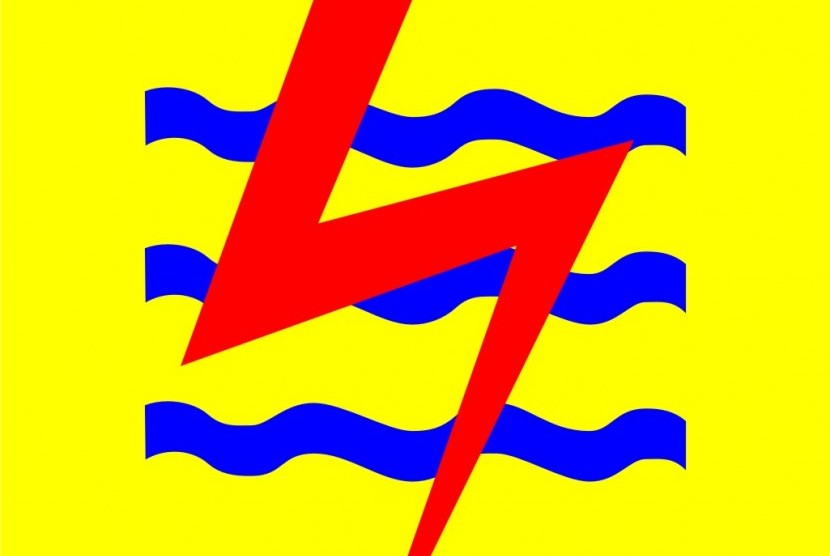REPUBLIKA.CO.ID, JAKARTA -- An energy economic observer said the selling price of coal under the domestic market obligation (DMO) should be fair in line with President Joko Widodo's principle of sharing gain and sharing pain. The principle is sharing gain and pain between the coal producers and the government and PLN, Fahmy Radhi from the Gajahmada University said here on Thursday.
Fahmy, a former member of the Reformation Team for oil and gas management system, said the DMO with ceiling and floor price scheme, proposed both by the state electricity company (PLN) is the best solution rather than the prices based on cost calculation plus margin proposed by the association of coal producer (APBI).
"This is a method to save PLN from bankruptcy. The price of coal sold to users other than PLN and exports that make up 75 percent of the total production are set based on the market mechanism. Control over coal price is a compromise to reduce the burden on PLN by slightly reducing the income of the coal companies, which since August, 2017 have enjoyed a windfall profit following the coal price hike," he said.
Over the past several years, coal prices in international market have soared that it is not easy for PLN to adjust itself to the condition as most of its power plants are fueled with coal.
In 2016, coal price reached Rp630,000 per ton, and peaked at Rp853,000 per ton in the following year resulting in an increase in PLN's production cost to around Rp16.18 trillion in 2017.
Currently the government is drafting a new formula to determine a new electric base tariff (TDL). So far the components used to set the TDL have been inflation, the Indonesia Crude Price ICP), and rupiah exchange rate to the U.S. dollar.
Whereas, the majority of power plant in Indonesia use coal for fuel. Therefore, as the government's efforts to study change in TDL it is necessary to be careful as the coal prices have tended to rise as did the prices of other mining products.
"PLN should raise the electric energy tariff (TTL), but the impact could be disastrous triggering inflation with the prices of essential goods soaring. The purchasing power of the people would be badly weakened. Therefore, I believe the TTL will not change until 2019," he said.


